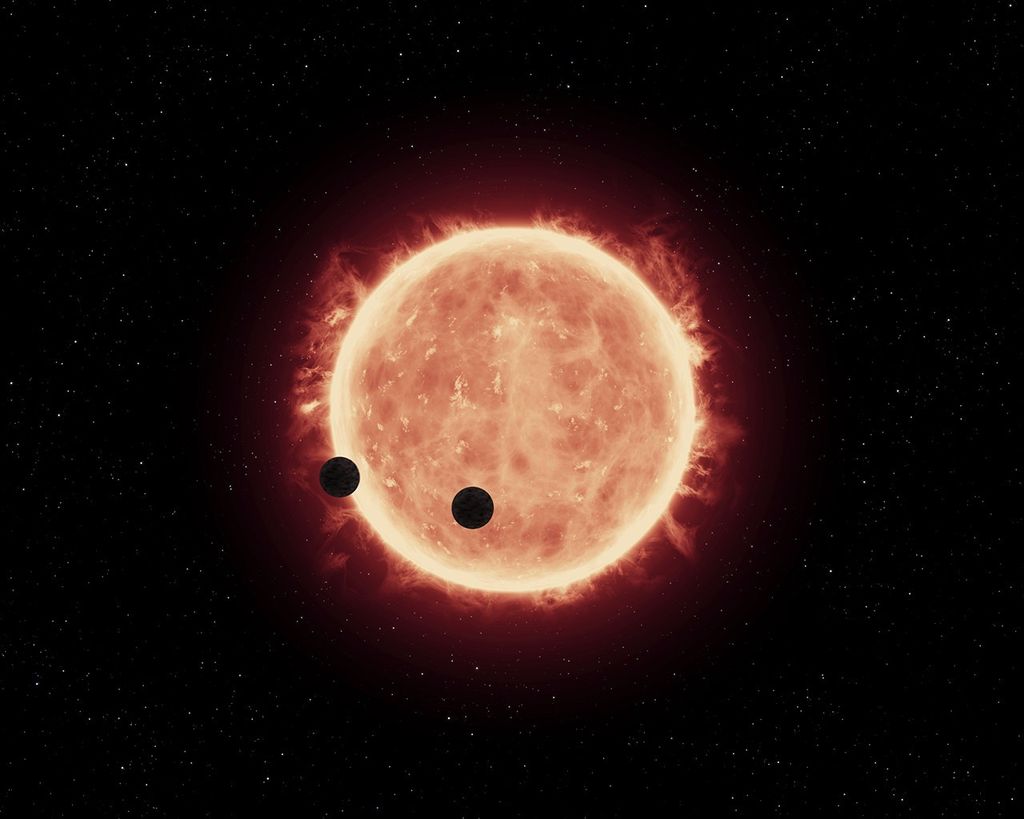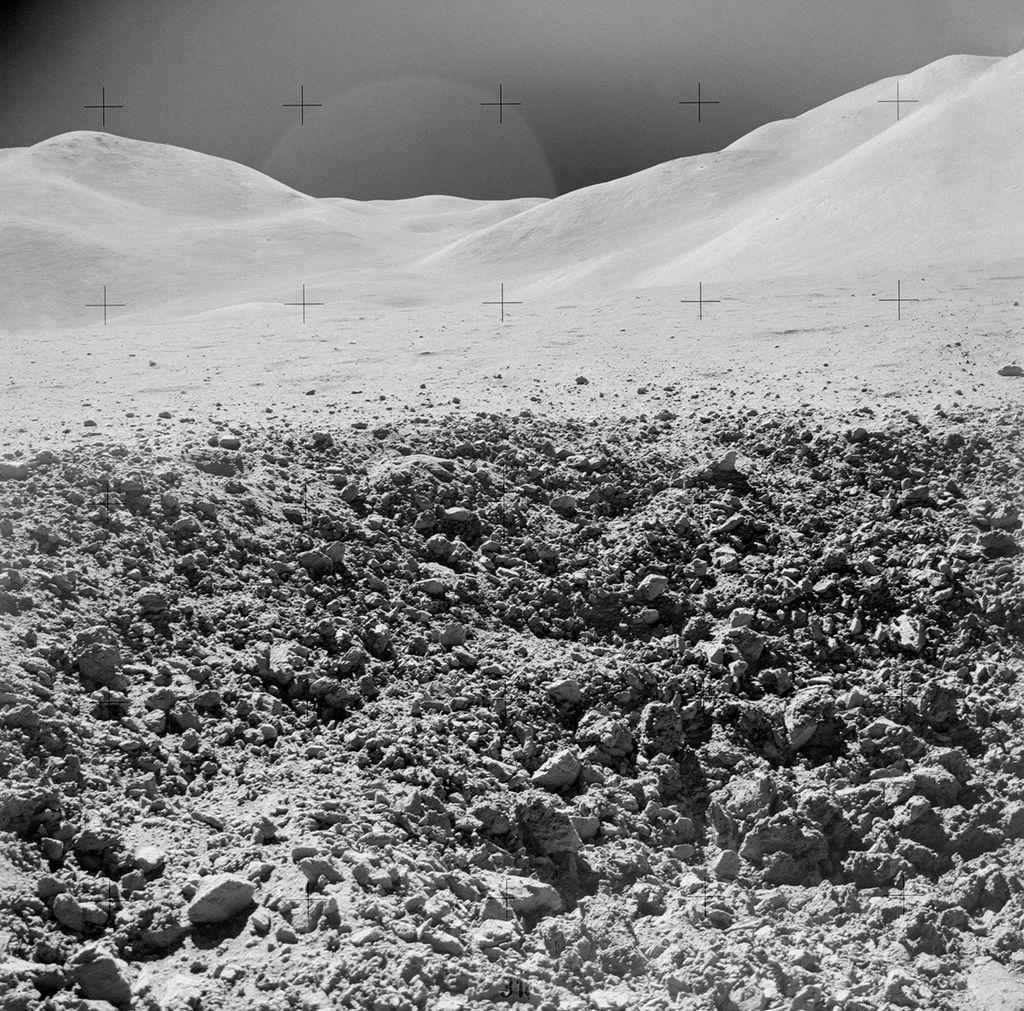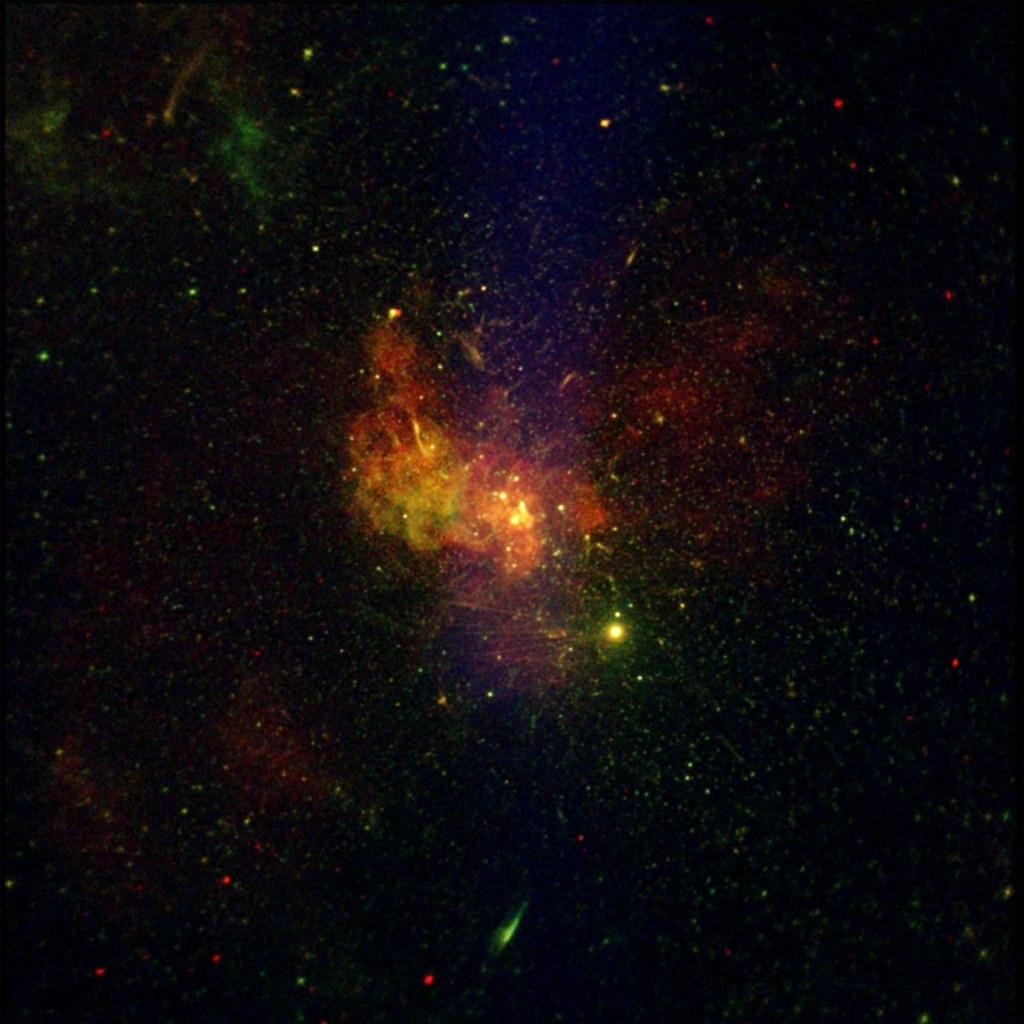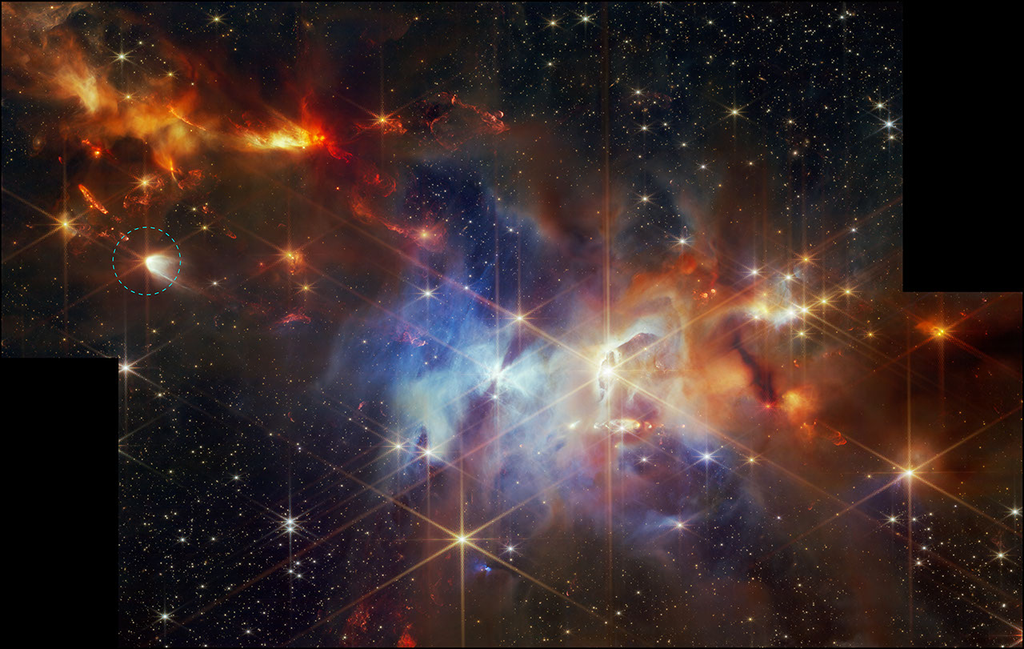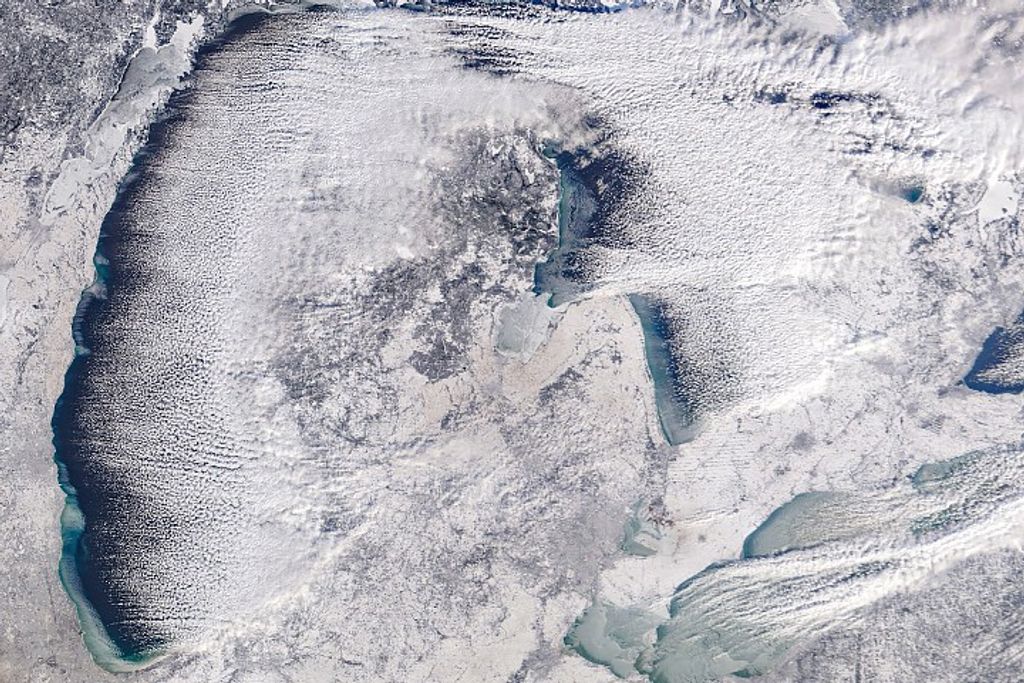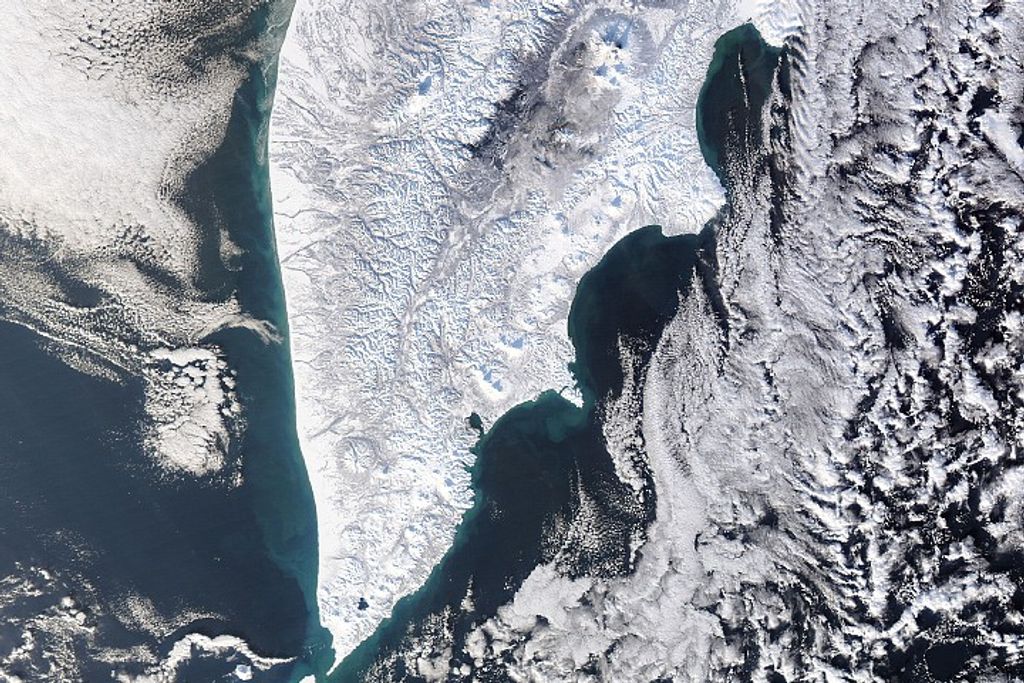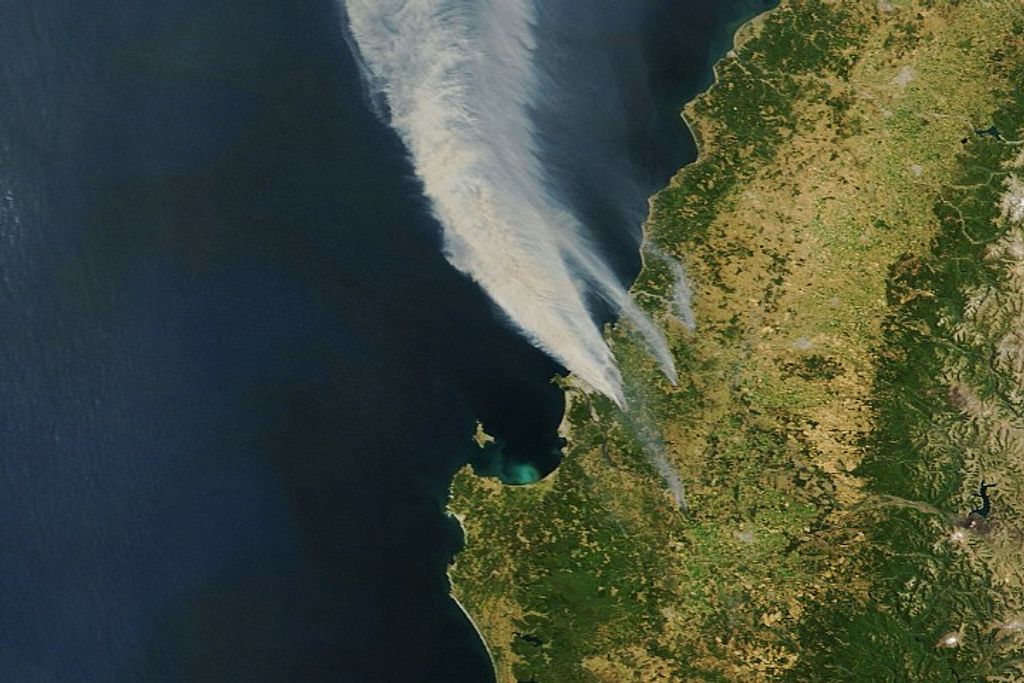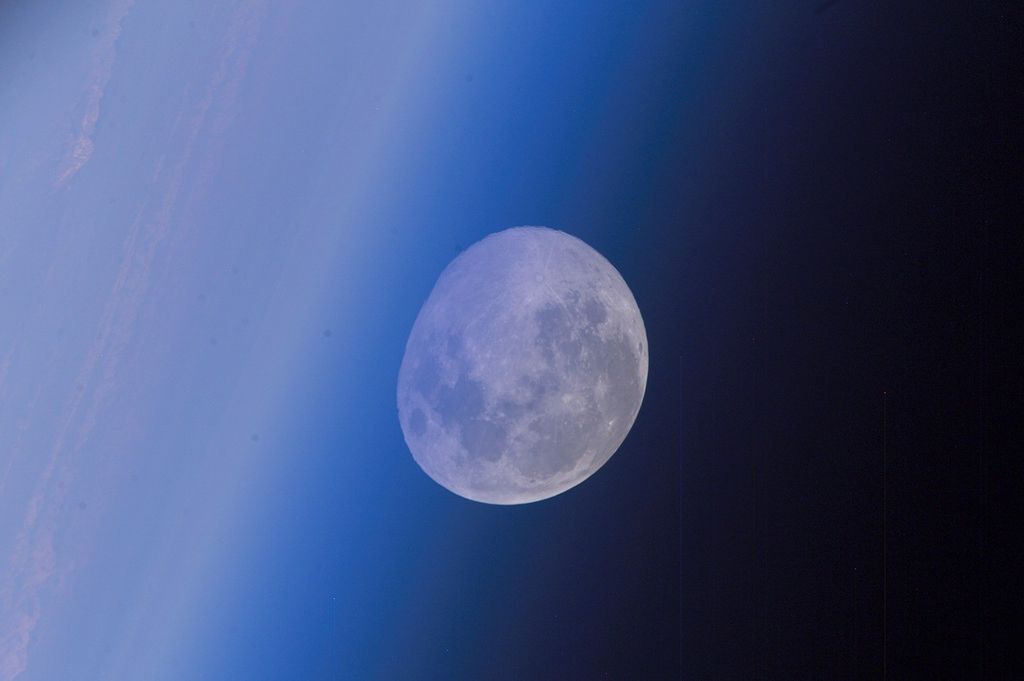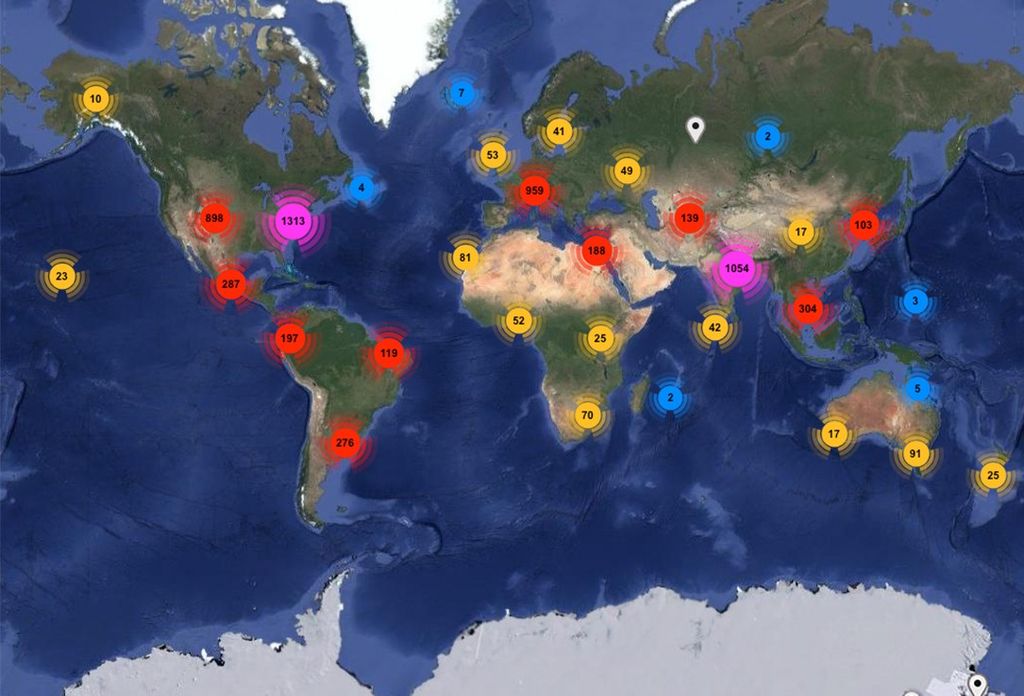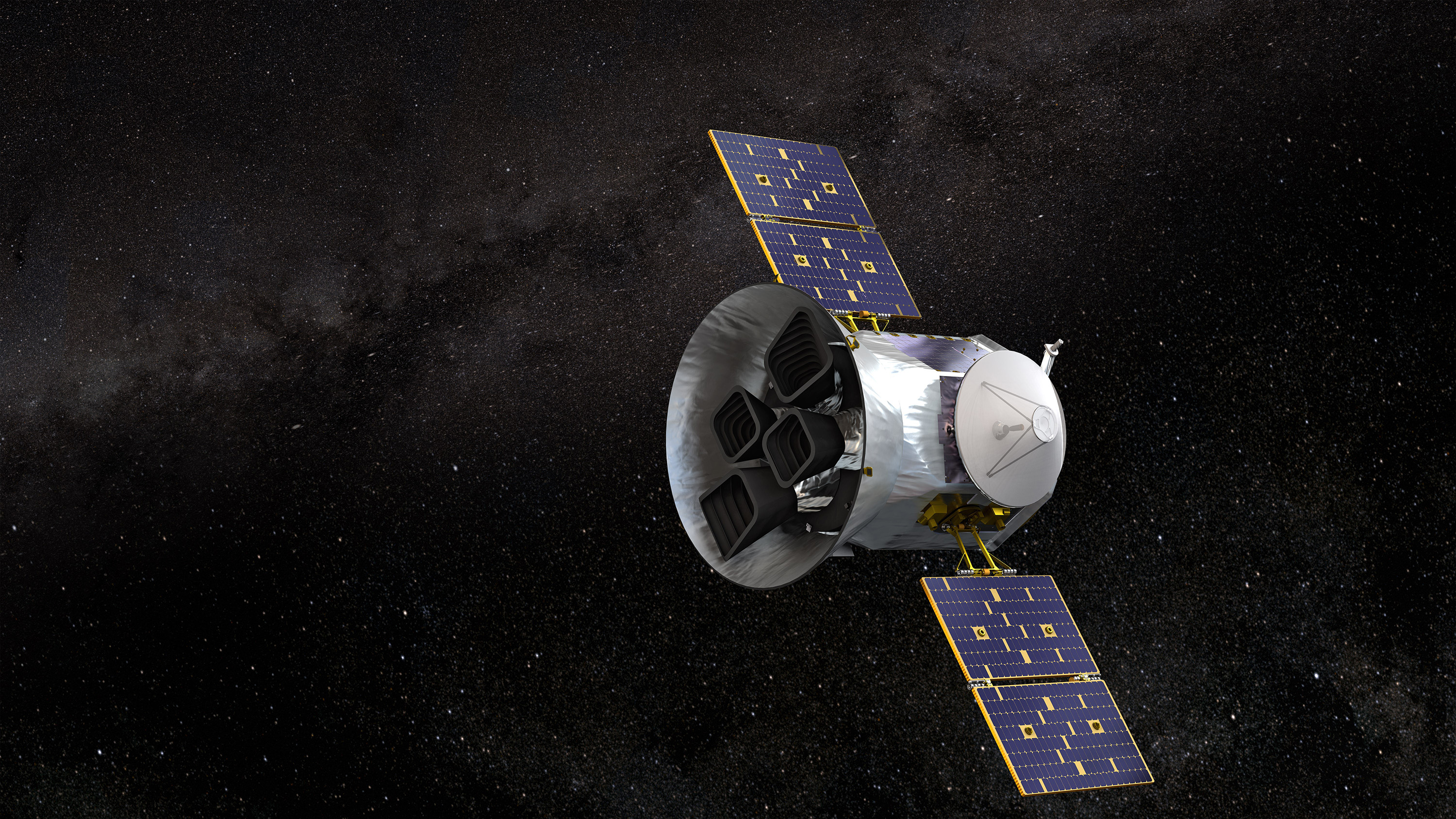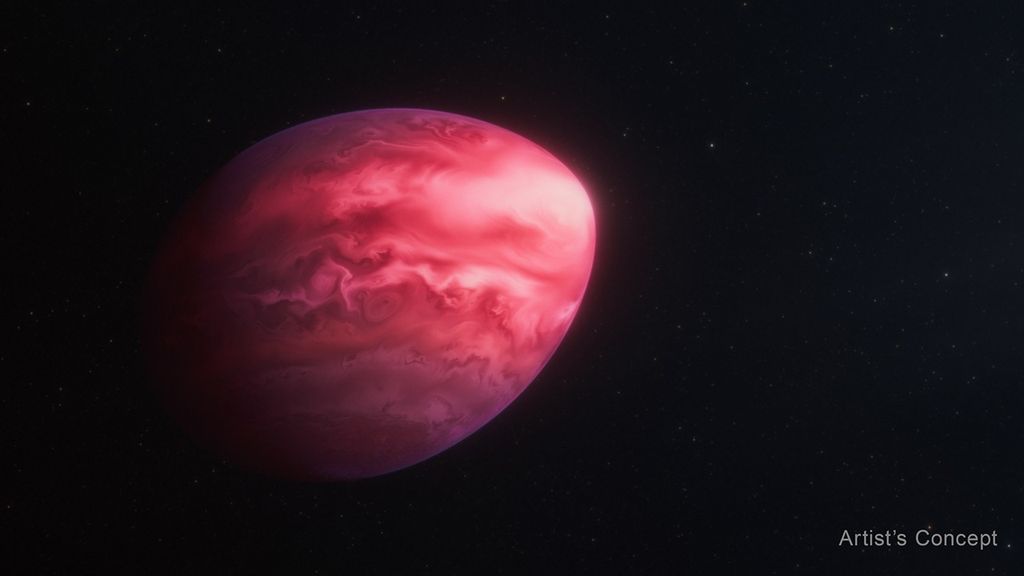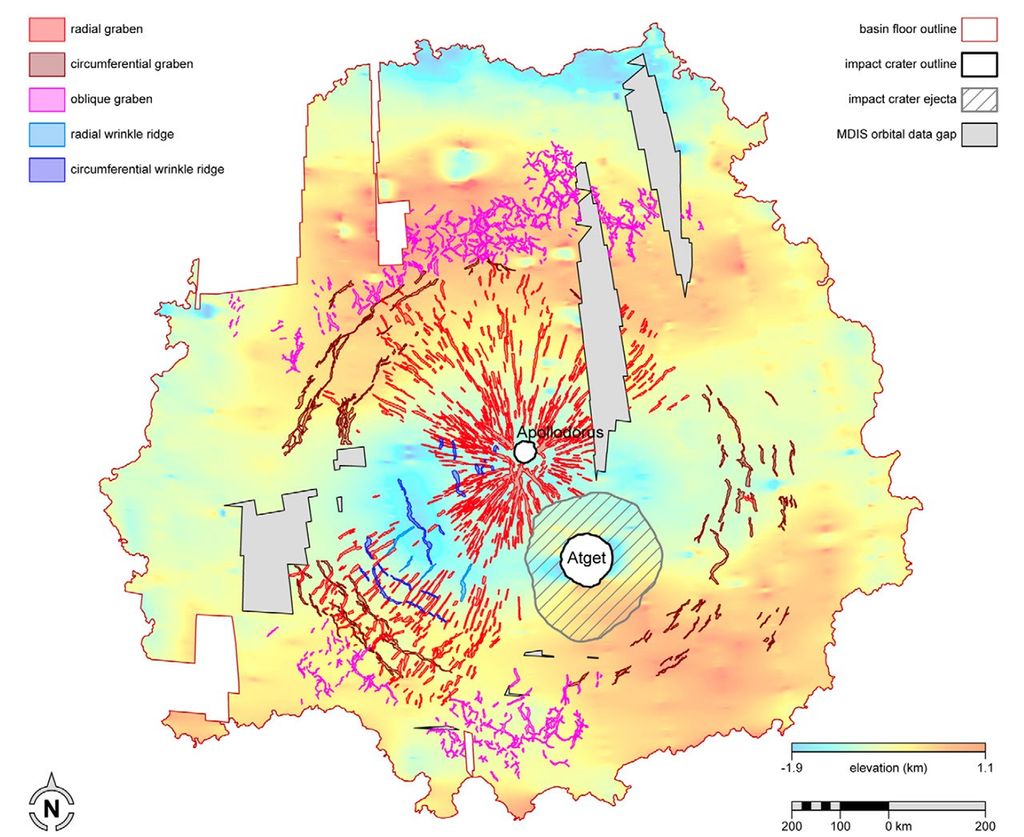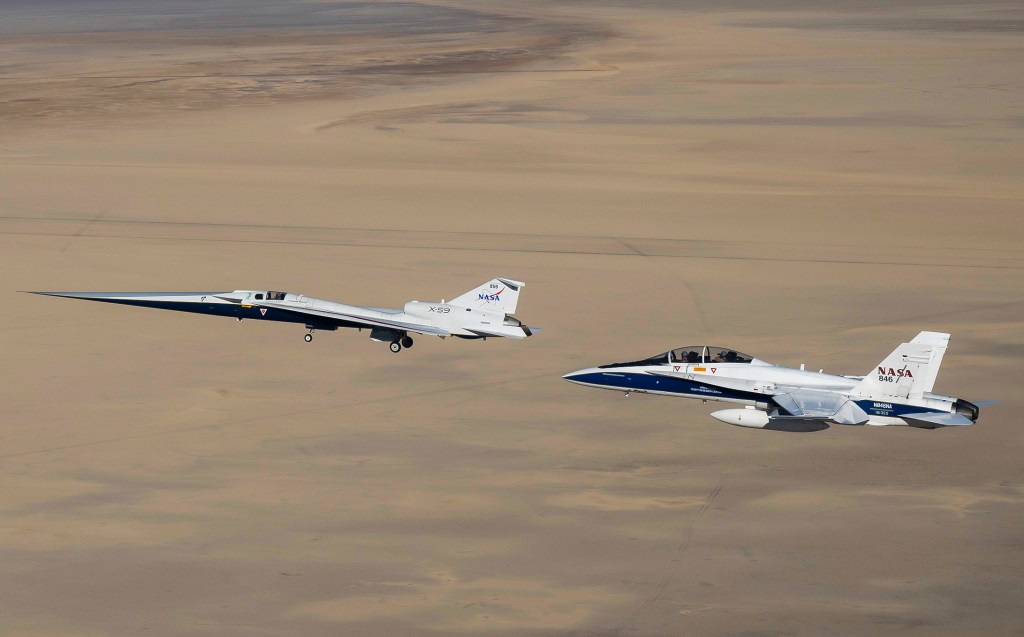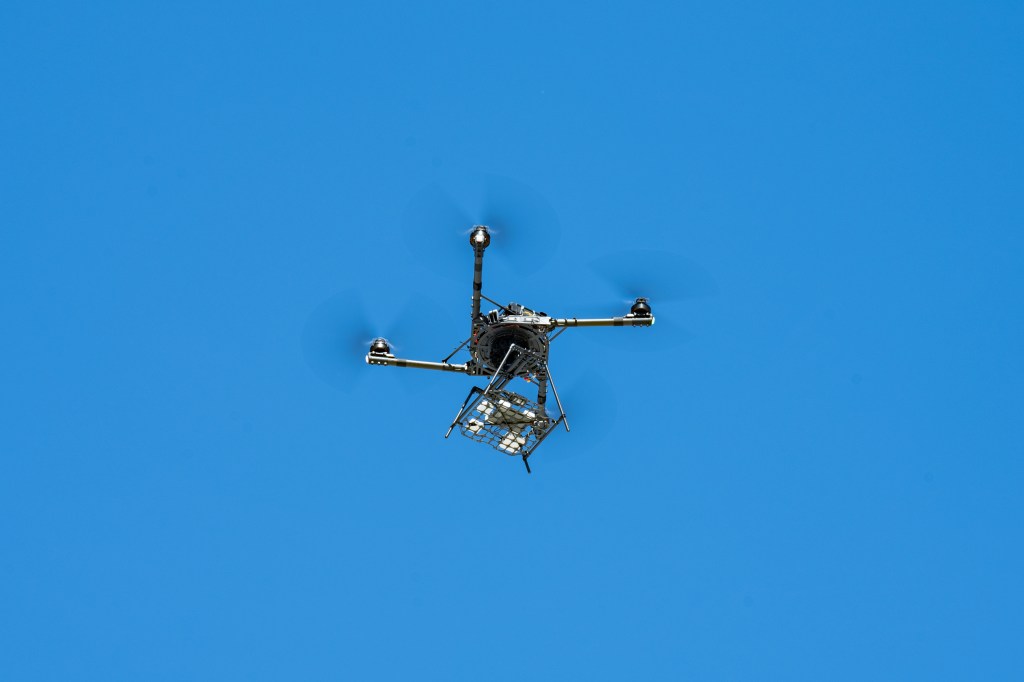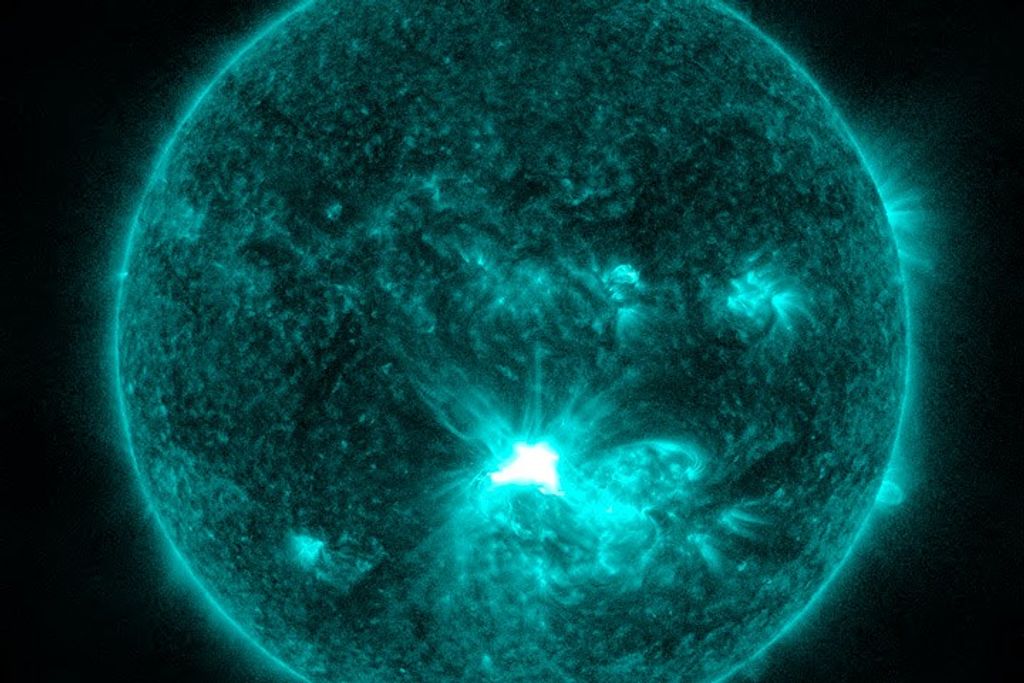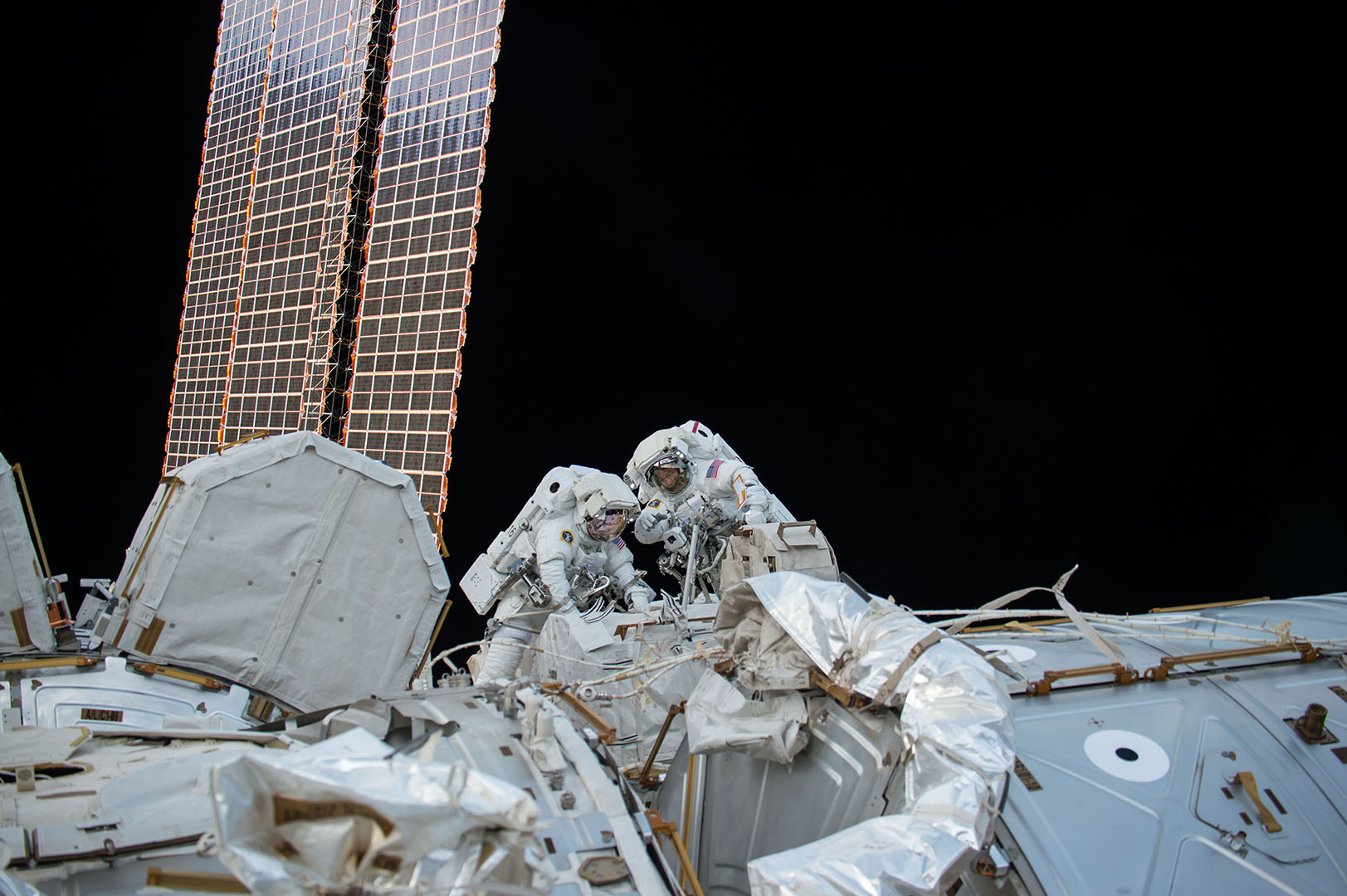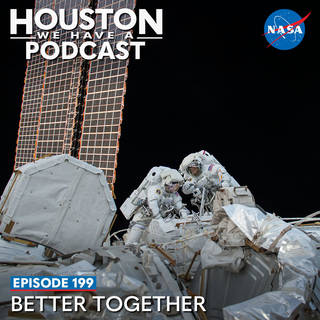
If you’re fascinated by the idea of humans traveling through space and curious about how that all works, you’ve come to the right place.
“Houston We Have a Podcast” is the official podcast of the NASA Johnson Space Center from Houston, Texas, home for NASA’s astronauts and Mission Control Center. Listen to the brightest minds of America’s space agency – astronauts, engineers, scientists and program leaders – discuss exciting topics in engineering, science and technology, sharing their personal stories and expertise on every aspect of human spaceflight. Learn more about how the work being done will help send humans forward to the Moon and on to Mars in the Artemis program.
On Episode 199, Shaneequa Vereen, public affairs specialist at NASA’s Johnson Space Center, speaks with NASA interns as they recount their journey with NASA, sharing their backgrounds and experiences they had before and during their time with the agency. The content for this episode was recorded on February 5, 2021.
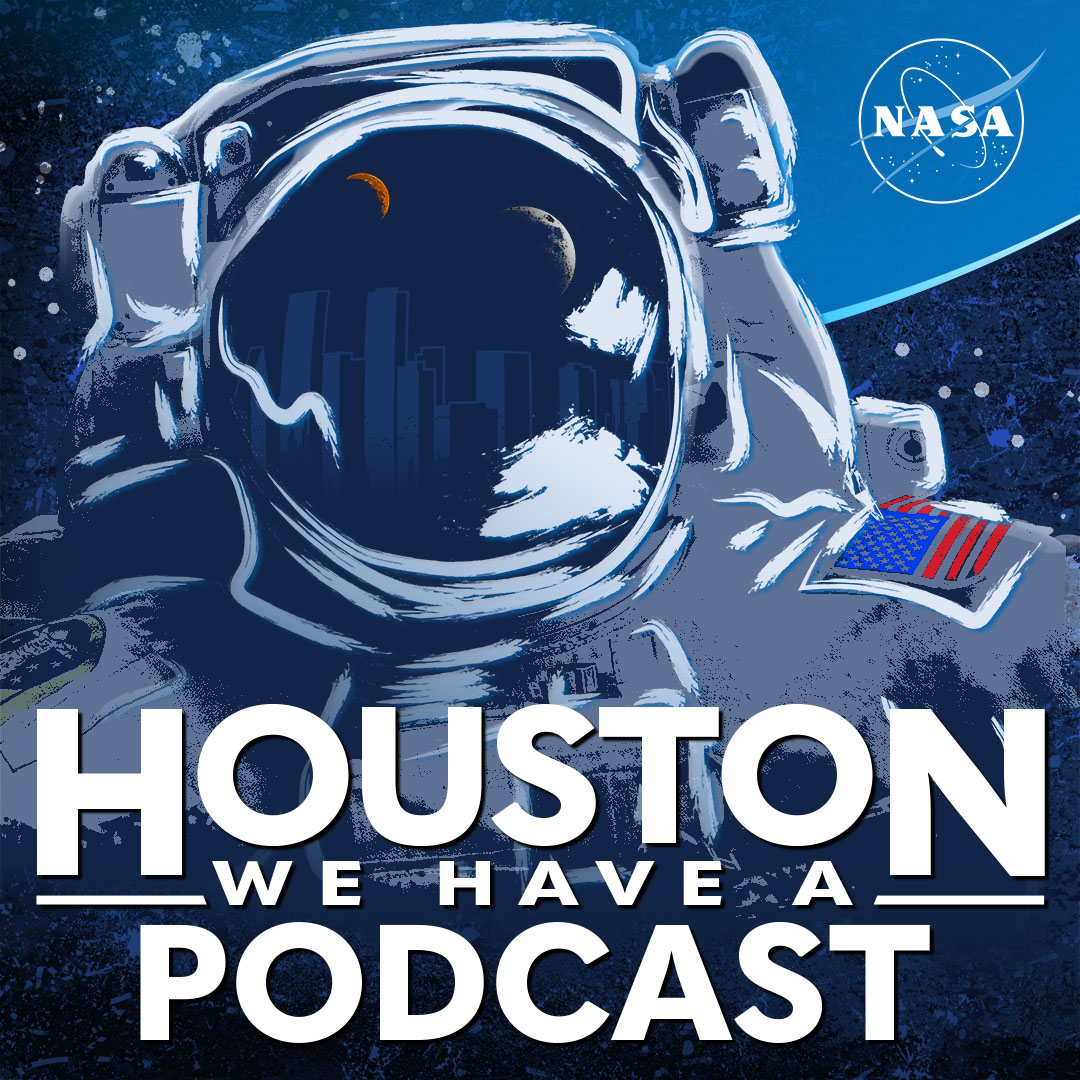
Transcript
Gary Jordan (Host): Houston, we gave a podcast. Welcome to the official podcast of the NASA Johnson Space Center, Episode 199, “Better Together.” I’m Gary Jordan, and I’ll be kicking off this discussion today. A little bit ago, Shaneequa Vereen here at Johnson’s public affairs office had a conversation with a few interns at different NASA centers. They talked about their internship experiences at different centers and about diversity in the workplace. I thought it was a great and important conversation, particularly because it includes interns from different centers, different organizations, different backgrounds, and everyone really opened up. So, we’re bringing this brief chat here on the podcast. Shaneequa talks with Nohemi Sepulveda, Dylan Gladney, and Allison Chu. They introduce themselves at the beginning of their talk. If you’re interested in becoming an intern at NASA or just curious about the experience, this episode is for you. So, I won’t delay any longer. Enjoy.
[ Music]
Shaneequa Vereen: Hi, everyone. I’m Shaneequa Vereen. I am a public affairs specialist at Johnson Space Center. I am also a former graduate pathways intern. Today’s panel is a discussion with current interns that will discuss the benefit of interning, as well as the impact of mentorship. If you guys want to introduce yourselves, we can start with you, Nohemi.
Nohemi Sepulveda: Yeah. Super happy to be here and talk to you guys about my experience at NASA. So, my name is Nohemi Sepulveda. I am from Los Angeles, California, but I ended up going to college at this small liberal arts school in Massachusetts, where I majored in both math and Spanish. So, I actually graduated back in 2018. And after graduating college, I ended up doing a Fulbright Scholarship in Spain where I got to spend a little bit, over a year there. And I started my NASA journey in January 2020, so I’m currently in my fourth internship here at JSC, now working with the xPGS team. So, the Expiration Pressure Garment Subsystem team of the new xEMU (Exploration Extra-Vehicular Mobility Unit) suit that is going to be worn by the first woman and the next man on the Moon when we go back. So, super excited to be here.
Shaneequa Vereen: That is awesome. Nice to meet you, Nohemi. Dylan, do you want to introduce yourself?
Dylan Gladney: Absolutely. Glad to be here as well. So, this is my third internship with Kennedy Space Center. I’m originally from Dallas, Texas, but went on to graduate from Prairie View A&M University, a historical black college university in Texas. And then went to the University of Central Florida to pursue my MBA, which is, how I got introduced to Kennedy Space Center. So, again, glad to be here, and look forward to having this conversation with the rest of you.
Shaneequa Vereen: Thank you. And Allison, can you introduce yourself for us?
Allison Chu: Hi, everyone. Thank you so much for having me. And I’m really excited to be here. My name is Allison Chu, and I am currently a third-year community college student at Irvine Valley College in California. And all my life, I’ve been really interested in space, but I didn’t start my NASA journey until about 2018, where I first participated in NASA Community College Aerospace Scholars. And that was what kind of propelled me to start my journey with NASA. And ever since then, I’ve just been really involved, and I’ve had two internships so far, and currently, I’m doing my second one at Stennis Space Center.
Shaneequa Vereen: That is awesome. You guys have all journeyed far and wide to be NASA interns. You guys are at multiple centers right now. I, myself, like I said, I’m at Johnson Space Center. I started my journey as a NASA intern in the external relations office. I’ve been, went to the education office afterwards. So, you brought up NCAS, Allison. I actually, during internship, was the HAS liaison, basically High School Aerospace Scholars. And I’m very familiar with the NCAS program as well. So, that’s very awesome. I do want to jump into what you guys are working on currently. I know you all have some cool internship projects that you have started. Anyone want to share what they’re doing right now?
Allison Chu: Yeah, I can go first. So, currently, I am an outreach intern. So, I am volunteering for various robotics competitions, for FIRST (For Inspiration and Recognition of Science and Technology) robotics, alongside of my fellow interns and my mentors. And for last year, my internship during the spring of 2020, I was a software engineering intern. So, I created a database with C# sequence server to store all the software licenses at Stennis Space Center, and currently it’s being utilized by Stennis’s software engineering departments, as well as financial departments. And they predicted that, that database will save them a little bit over $100,000 within the lifetime cost of savings. So, I’m just really excited to be able to contribute to NASA’s missions, and, yeah, just really excited to be here and do a project for NASA.
Shaneequa Vereen: That is awesome. And any time we can save 100k, we can use that to do more experiments in venturing to the Moon and Mars. So, that is pretty awesome. You did that as an intern. Nohemi, Dylan, you guys, what are you guys working on right now?
Nohemi Sepulveda: Yeah, so I actually have a bunch of different tasks. So, usually my week looks like doing anything from working on the reports that we have to submit to the xEMU project every week to updating spreadsheets that they need for spacing components, all the way to doing a lot of different Creo and CAD (computer-aided design) work, so building different models of the difference in components. But really, usually, most of my tasks revolve around trying to help the different suit component owners, so like the boots or the helmet and the EPG (Environmental Protection Garment) and all these different parts, so trying to help these two component owners with all the tasks that they need. So, again, a lot of Creo or CAD or even writing in helping out with test procedures is usually what my work looks like.
Dylan Gladney: Yeah, so, so my role is not engineering specific, but I do support the Gateway Logistics office at Kennedy Space Center, but more specifically, the strategy and collaboration team within our deep space functional area. And so, that really includes integration analysis and enterprise architecture, but our main focus is to really, kind of create a strategic roadmap for what our organization will look like as far as our technology and scientific needs. But at times, I mean, I’ve done all kind of different things with diversity and inclusion and culture. And so, yeah, it’s been a great opportunity to work with this group.
Shaneequa Vereen: That’s awesome. Well, I know you guys know, you’re no stranger to virtual learning, but I wanted to ask, how has the 2020/2021 intern sessions been for you guys since we’re now all virtual? We’re doing meetings virtual, we’re doing interviews virtual, now we’re doing a panel discussion virtual. Some of you have been on-site, some of you haven’t. How has it exchanged? What’s the benefits? Or maybe what you miss about being on-site?
Nohemi Sepulveda: Yeah, I could go first, if that’s OK. Yeah, so I started my NASA journey back in January of 2020, so before we had the whole COVID situation, in March where we went onto stage three at JSC. So, I really, I really think there’s something special about being at JSC, and I’m sure at the other NASA centers as well, but I definitely miss it. I had the opportunity to work on this project called SUITS, which is Spacesuit User Interface Technologies for Students, at that time. So, we’re really looking forward to bringing in students who are working on the visual display informatics systems for the helmet. And we didn’t really have the opportunity to bring these students on-site because of everything that was happening, but I do think that NASA did a really good job just, still trying to keep those students engaged. And even now as a spacesuit engineer intern, I wish I had the opportunity to be there to just look at all those suits and the tests that are being done in the suits, but I know that my current mentor is trying her best along with her team to still recording, you know, the tests online and providing us and giving us access to these, like, I think that overall; there’s definitely that aspect that I miss being there in person. But I think that NASA family is doing a pretty great job still trying to include us and making and trying their best to make it work virtually.
Shaneequa Vereen: Yeah, I agree. Oh, sorry, Allison, go ahead.
Allison Chu: Yeah, I’m pretty much in the same boat as Nohemi. Like I started my first internship for NASA in January of 2020 and right in the middle of it, we had to start working from home. So, for this two months, even though it was only two months, it still has a really special place in my heart because I got to meet so many NASA interns. You see all the projects that NASA is doing on-site, but then, when March came along, we had to start working from home, but we all thought it would only be maybe like a two-week stay at home thing. So, what I told everyone on-site was oh, I’ll see you back here in two weeks, but I am just really sad that, that wasn’t a true statement because I never got to see them ever again. But virtual, virtual internship is definitely a bit different, but just like what Nohemi said, I think NASA is doing a really good job on making us all feel included, and also all the interns are still making a huge impact, even at home. So, I think that’s a really great thing about interning at NASA. And I just hope we are going to be in person maybe sometime this year, but I guess we’ll see, but it’s still been a really good experience.
Shaneequa Vereen: Awesome.
Dylan Gladney: My experience was a little bit different because I started as a virtual intern, so I was just extremely grateful for the opportunity. When you look and see these other organizations and companies move to this whole teleworking, I guess, platform, it’s important to really learn how to navigate and how to work like we are now. So, I’m grateful for the opportunity, and I look forward to being able to learn how to continue to do more things like this and utilize technology.
Shaneequa Vereen: Oh, yeah, that’s awesome. Honestly, I know some of you mentioned it, and you miss being on-site. I, I will say, working at NASA, and even telling people you work at NASA, part of the benefit is like, I work at NASA, you know, so being on-site and having that interaction day to day, it does play a role, and I think the sooner we can get back to it, that would be awesome, but I will agree with you guys. I think we’ve done an awesome job as NASA, still incorporating interns, still allowing interns opportunities to work and to learn and to grow even from home. So, I do think that’s pretty good. I know some of you have mentioned your mentors already, but I know personally, for me, I got into my role because I had a mentor in public affairs who I thought was so cool, you know, like I thought they, you know, parted the seas, you know, and Dan Huot and Veronica Seyl were my mentors. And they both had very different jobs, and both made me come out of my comfort zone to grow. And I don’t know if you can tell, but I am a pretty much introverted person, and public speaking was not something I thought I would be doing, but over time, I’ve grown, and they’ve pushed me to step out of your comfort zone. You can do more. Just practice. And so, I want you guys to share, if you will, any cool mentor stories or just an impact that a mentor has had on your career or your education. Has it changed the path that you’re taking? If you want, Allison, we’ll start with you.
Allison Chu: OK, so when I first got my acceptance letter back in fall of 2019, I think. I was extremely excited to have this opportunity to intern for NASA, but soon after that, I was pretty much engulfed in the process again, because at that time, I only finished up one year of community college. And also, on top of that, I was at a community college, so at the time, I didn’t feel like I matched in with people who went to four years. So, that was a really big thing for me. And also, another thing on top of it, I live in California, so moving to Stennis Space Center in Mississippi, moving to the south, that was a huge change for me. So, I was just extremely scared at what would happen and whether or not I would fit in. And also, I was just like, oh my gosh, everyone’s so smart. I don’t know if I’ll fit in, but as soon as I came on-site, my mentors Phillip Hebert and Rae Lyn and as well as our internship coordinator Kelsey Bickett, she really encouraged me to just keep persevering and just keep asking questions, and that I am only in second year in community college, so they don’t expect me to know everything at that time. So, from that, I was really inspired and ended up learning really quickly on the job. And I ended up providing my skills at that time to build a really nice project for them. And, yeah, I think the impact on me was just to keep on learning, just keep being curious, and don’t be afraid to ask questions.
Shaneequa Vereen: That’s awesome. Dylan, do you have a story you want to share?
Dylan Gladney: Yeah, definitely. I would say mentors are so important, especially to minorities and people of color, essentially, because they expose you to so much. Right? And Shaneequa, and all of you, all know this. And so, for me, Stacie Turner, Hortense Diggs, and Mark Wiese have really done a great job of mentoring me since I’ve been at NASA. I came on during a time of social unrest, just right after the George Floyd killing. And they really empowered me to bring my whole self to the internship and to pursue a lot of my passions that I have outside of NASA, but that can help NASA as far as the diversity and inclusion work. So, I’ve been grateful for those opportunities that they’ve allowed me, in putting me out there, so the whole agency can see just what I have to offer.
Shaneequa Vereen: That is awesome. And I’m glad you did mention that. And last year was unprecedented. And, again, NASA is striving for diversity and inclusion. I know for me and for all people of color, representation does matter, and that, actually is pretty much why I do what I do. It’s not because I love talking to the public and love, you know, being on camera. It’s really because I want others who look like me, or others who don’t think, you know, a person of color or a person with hair like mine, you know, they can see that there’s a spot for you at NASA as well. So, representation matters. I’m glad you brought that up, Dylan. Nohemi, do you have anything you want to share?
Nohemi Sepulveda: Yeah, definitely. I echo that representation matters. I remember when I first got my acceptance as well and I had Paromita Mitra as my mentor, and she’s this incredible woman of color. And as a Latina in math, I’ve been in a lot of spaces where I was the only person and the only Latina, in that space, and so, it really encouraged me and she really helped me get out of my bubble and learn so much about her. Really, she has, she’s working on SUITS, which is what I was working on for my project, but she also has this other project that is a headset display, so it’s basically like Iron Man. So, I learned a lot about her project, and it really allowed me to kind of not be afraid to ask questions and to put myself out there. So, that inspired me to contact Amy Ross, who is my current mentor, and I remember writing her like a couple of emails saying, hey, I’m not really good at this whole networking thing, but I just want to say that I’m super interested in the work that you’re doing. I mean, you’re building spacesuits, which is amazing, and I don’t come from an engineering background. I have a lot of like theoretical math. So, I knew that I had a lot of gaps, but I asked for her advice, and eventually she reached out to me and she’s like, your perseverance paid off, and we’re going to offer you the opportunity to intern with us. So, it just goes to show how incredible the NASA family is and how willing they are to just give you the opportunity to learn even though, perhaps, you know, you’re not an engineer like me or anything like that. So, pretty like incredible women mentors that I’ve had here. And I’m super happy about that.
Shaneequa Vereen: Yeah, no, I know both of them, and I will agree they are both amazing. During my internship process, Paromita did intern. She started with me as an intern as well. And so, I knew she was in her master’s program and her dissertation was on like the Iron Man display for astronauts. And I just thought that was the coolest thing I had heard of. And I was like, she is an engineer, she is a former beauty pageant contestant, like, you know, and it was just like, it was mind blowing. I was just like this is, this is what we represent. You know? And I thought that everything she brought to the table was something that was amazing. So, that is awesome. And Amy Ross, she’s amazing as well. I mean, her dad’s an astronaut, and she’s been around NASA for forever. And she, I’m sure, has a lot of knowledge to share with you. So, I’m glad that you persevered. I think that is something that we definitely can share with other interns. And speaking of that, if you guys have any thoughts or words of wisdom for future interns, you guys can share those now.
Nohemi Sepulveda: I think, I think that, I guess something like super important that I’m sure all the other, everyone has heard is to apply. I know that when I had just finished my Fulbright, and I have always had the dream to work at NASA, but I didn’t know if I should do it, and I just applied. And I think oftentimes we’re more qualified than we think we are. And perhaps, we may not have the experience in certain areas, but asking for help and asking for advice of how to get there is super important. And I’m also very shy, so I have a hard time just putting myself out there. So, I think just taking those baby steps to do that and applying is just really important, because maybe you won’t get in the first time, but, you know, if you keep applying and persevering, you’ll get there. And once you’re there, just really trying your best, and, you know, learning from others, I think is super important.
Shaneequa Vereen: I agree. I completely agree. I know, Allison, you spoke about the imposter syndrome. I’m not sure about anyone else, but I have also been there where you’re thinking like, I have to be the toughest one in the room, like, you know, and you’re like, I don’t belong, you know, I think we’ve all been there at some point. But I think you made a great point that, you know, like no one expects you to know it all, but if you’re willing to learn and if you’re willing to ask the right question, you can, you know, go further, you can get the job done. So, I think that’s awesome. Dylan, Allison, if you guys have any words of wisdom for our future interns, please share them.
Allison Chu:Yeah, echoing off of Nohemi. Just apply, because if you never ask, then the answer is always no. And you really only need one yes. So, if you keep applying, then your chances are going to be a lot greater. And also, a second piece of advice I have is don’t be afraid to fail, because definitely when I first started, I was just like, yeah, I have to do everything perfectly. Everything has to be done a certain way, but in reality, we’re all super young. We’re all starting out our NASA journey. And failing is actually one of the best ways to learn and grow. So, yeah, just don’t be afraid to fail. And also, yeah, keep applying.
Dylan Gladney: Yeah, definitely. So, I first would say that for those applying or even partly interested, please do so. I want to see more interns that look like this panel right here, as diverse as it is. So, like you mentioned earlier, Shaneequa, representation does matter. And then two, I mean, I don’t have a traditional engineering background, but there are so many areas of NASA that you can affect and impact. So, you know, don’t let that be a, deter you from applying. And just know that there is something out there for everybody.
Shaneequa Vereen: Oh, I think that’s awesome words of wisdom from you all. I honestly do think like, diversity and inclusion is definitely something that NASA is aiming for. And internships come in all shapes and sizes. I mean, like I said, I don’t have a background in public affairs or communications or digital media for that matter, but it was something that I took an interest in as an intern. And luckily, I got the opportunity to come back full time doing public affairs. I have a background in business and psychology before that. So, if it’s something you’re interested in, and it’s something that you think you could be good at or you can even learn, apply. I will agree with you guys on that. So, I think that’s all from the panel today.
[ Music]
Host: Hey, thanks for sticking around. I hope you enjoyed this conversation as much as I did. I was very happy to bring it on Houston We Have a Podcast today. If you’re interested in becoming an intern based on this conversation, maybe you’re curious about the different opportunities, I’ve got a couple websites for you, intern.nasa.gov or pathways.jsc.nasa.gov. Don’t worry if you didn’t memorize that. Just go to our episode webpage. We’ll have the links right there for you to take us where you want to go. The 200th episode of Houston We Have a Podcast is coming up next week. This is Episode 199. I’m very proud to be bringing that episode to you. We just recorded a live version of that episode earlier this week. If you want to check that out, go follow us on Facebook. That’s the NASA Johnson Space Center page of Facebook there. We did a live recording. And don’t worry if you missed it and you just want to just get the audio only version. Don’t worry. That’s coming next week, but you can check it out on the Facebook page, if you’d like. You can check us out and the many other NASA podcasts at NASA.gov/podcasts, listen to any of our episodes in no particular order. If you have a question for us, use the hashtag #AskNASA on the NASA Johnson Space Center pages of Facebook, Twitter, and Instagram. When you ask the question or submit an idea for the show, just make sure to mention it’s for us at Houston We Have a Podcast. The content for this episode was recorded on February 5th, 2021. Thanks as always to Alex Perryman, Pat Ryan, Norah Moran, Belinda Pulido, and Jennifer Hernandez. Thanks to Abel Morelos and Veronica Seyl for connecting us with this chat and to the folks that made it happen. Of course, to Shaneequa Vereen, Nohemi Sepulveda, Dylan Gladney, and Allison Chu for sharing their experiences. Give us a rating and feedback on whatever platform you’re listening to us on and tell us what you think of the show. We’ll be back next week with Episode 200.

